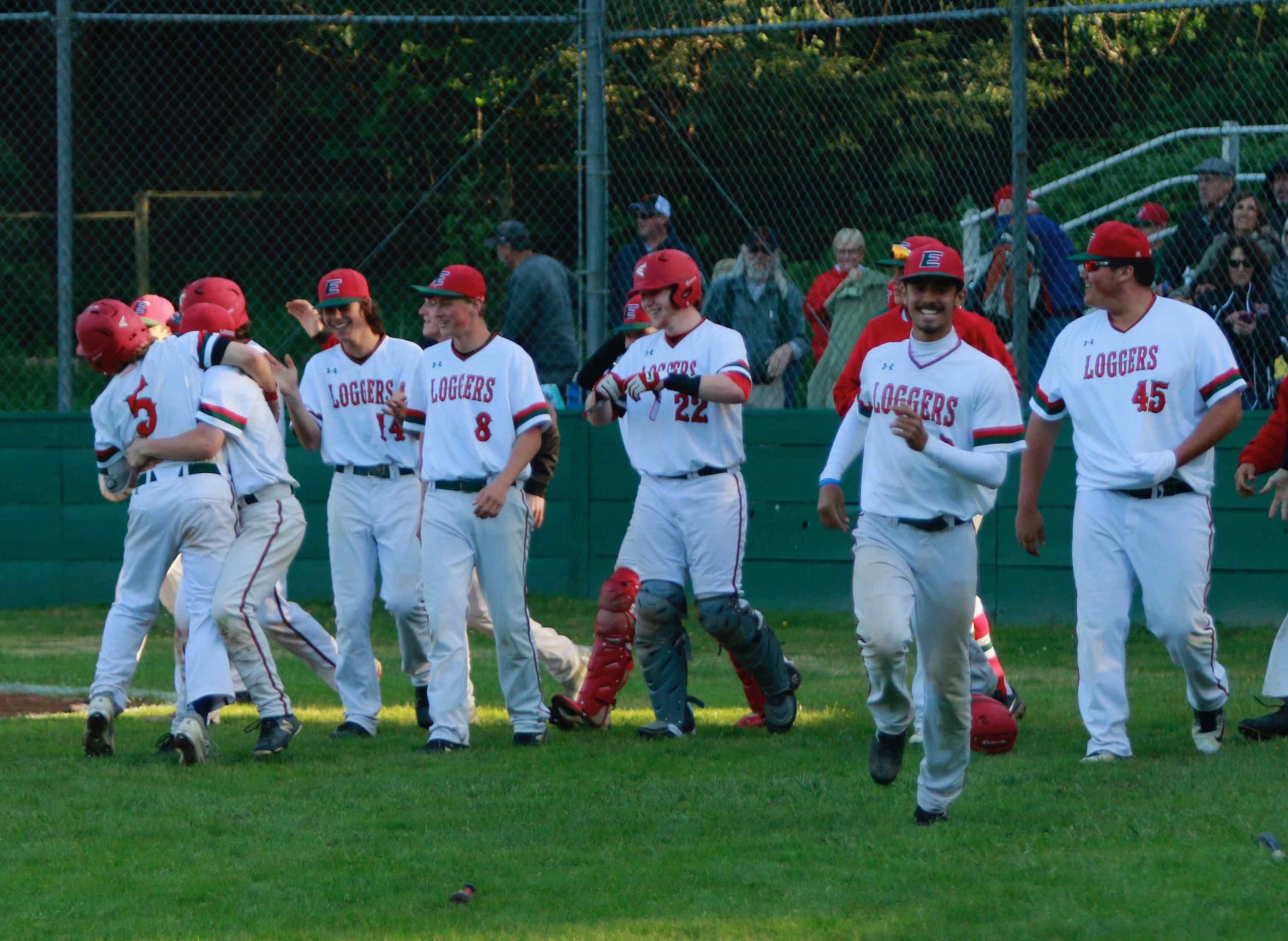
A New Standard for Eureka High
The emphasis on teamwork has never been preached as much as it is being these days at Eureka High.
It’s not a new concept, just a different emphasis. Less of a revolution, more of an evolution.
A sort of cultural evolution.
“It’s about character development,” Athletic Director Kristie Christiansen said.
And so much more.
It’s a concept known as the InsideOut Initiative and one that is sweeping the nation and gaining a foothold in several states.
And it’s one that Eureka High is embracing.
In September of last year, the NFL announced its partnership with CIF in promoting the ideals of the initiative in high schools all across California.
Simply put, the InsideOut Initiative stresses transforming what it describes as the current “win at all costs” culture in sports to one that “defines and promotes sports as a human growth experience.”
“As coaches and leaders, we have to be conscious of what we are in this for,” said Christiansen, in her first year as AD. “It’s about the human development of young people.”
InsideOut was founded as a non-profit organization by former college and NFL player Joe Erhmann, who has written a book, “InsideOut Coaching – How Sports Can Transform Lives,” based on the ideal.
And it’s an ideal many of the coaches and student-athletes at Eureka High have embraced, with Christiansen and some of her coaches even traveling to the Bay Area for seminars, as well as getting to hear Ehrmann speak last year.
“It’s a standard for Eureka High athletics that will kind of transform the set of values that Eureka High represents,” football captain Sergio Manzo said.
The initiative involves coaches and athletes working together, with a particular emphasis on togetherness.
“It’s really a cooperative effort between players and coaches,” football head coach Jason White said. “We have to get the players to buy into it or it’s not going to work.”
As part of the process, Christiansen formed the Student Athlete Advisory Council, which is made up of student-athletes from different programs and meets twice monthly with coaches.
Last weekend the school also held the first Logger Athlete Olympics, matching athletes from different sports together on the same teams in a series of fun events.
The athletic boosters appear to have bought into the idea as well, purchasing copies of Ehrmann’s book for all of the coaches, as well as providing prizes and helping to organize the Logger Olympics.
“I think what Kristie wants is for everyone to have the same values no matter what program you’re in,” volleyball head coach Rachel Evans said. “It’s bringing us together. I think it’s great.”
It’s also about changing the culture of the individual locker rooms, about shifting long-held emphasis, and about getting the athletes to realize that competing and being a part of a team is about much more than winning or losing.
“Most coaches talk about wins and losses, but there’s a bigger picture to it,” assistant wrestling coach Thomas Gowing said. “For us, right now, I do believe we have kids on our team that are buying into it, and I think it will be fun to see that play out.”
Gowing didn’t have to look far for an example.
“Most kids when they walk off a mat after a loss, their mind says ‘I lost,’” he added. “I stop and tell them they need to think about what they did do well.”
And it’s about making a difference off the field of competition, and about the character development for these athletes at an impressionable age.
“It’s a foundation to understanding who I am and how to become a better human being in general,” said Manzo, who serves on the Student Athlete Advisory Council. “It’s about getting the student-athletes to understand it’s not just about sports. It’s about representing your school and your community in general. It’s recognizing athletics is a tool to becoming a better person in life.”
Character development, of course, is nothing new in sports. Coaches have always been teachers, and most have always been passionate about what they do, while developing young minds and bodies.
The InsideOut Initiative, however, stresses the ideal as a conscious goal, while seeking to change the overall culture of the locker room.
That’s not to say wins and losses and the spirit of competition no longer matter. InsideOut suggests they just shouldn’t be the only things that matter.
And the coaches believe that changing the culture will ultimately lead to more wins.
“What (this) culture does is it allows you to be more consistent over a period of time,” White said. “You’re going to get the maximum performance out of your kids year in, year out, because they know what it takes.”
